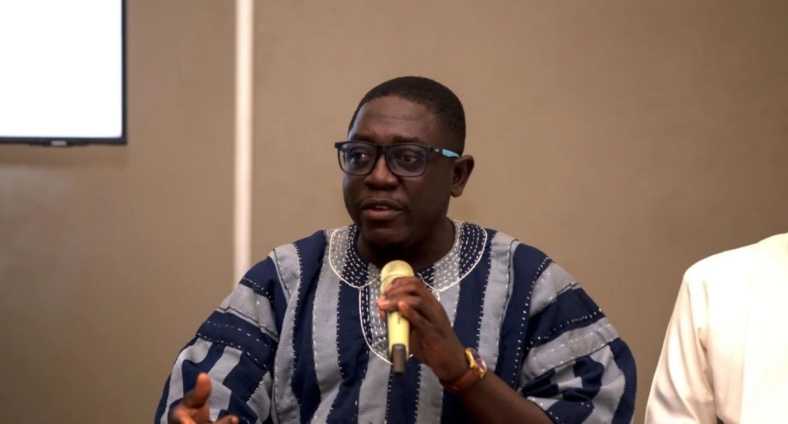IMANI Centre for Policy and Education, in collaboration with University College London, has conducted an in-depth analysis of budget support programmes by International Financial Institutions (IFIs) and their implications for Ghana's pursuit of climate-compatible growth. The study examines political and economic challenges at both national and international levels that hinder the integration of climate considerations into budget planning and execution.
According to Dennis Asare, Senior Research Associate at IMANI, a lack of coordination remains a major obstacle in implementing Ghana’s climate agenda. He urged the government to address this issue in the 2025 budget to enhance climate policy integration.
“There is a need to prioritize climate issues in our economic planning. While macroeconomic and livelihood concerns are important, we can integrate climate considerations into these areas. This should be reflected in planning processes from the Metropolitan, Municipal, and District Assembly (MMDA) level to the Ministries, Departments, and Agencies (MDA) level, ensuring Ghana achieves climate compatibility.”
Budget support instruments provided by IFIs such as the World Bank, the International Monetary Fund (IMF), and the African Development Bank have played a critical role in Ghana’s fiscal stability and development. These mechanisms have enabled the government to meet budget financing needs and implement key institutional reforms. Traditionally, IFI-backed budget support has focused on fiscal and macroeconomic stability, but in recent years, these instruments have also been leveraged to incorporate climate considerations into economic planning.
While Ghana’s budget support programmes have successfully driven reforms in some areas, challenges persist—particularly in public financial management. Despite sustained IFI-backed reform efforts, weaknesses in institutional frameworks continue to pose significant barriers to effective climate-compatible growth.
IMANI's analysis highlights key lessons from Ghana’s experience with budget support to inform future strategies. It also identifies opportunities to strengthen domestic institutional frameworks, embedding climate considerations into macroeconomic policies and governance structures. However, achieving meaningful progress requires a nuanced understanding of political dynamics and the perspectives of key stakeholders regarding the potential development impacts of these reforms.
The event was conducted under Chatham House Rules to encourage open and constructive dialogue among stakeholders from government institutions, financial organizations, and environmental advocacy groups.
Latest Stories
-
The surprising Tech Innovations powering today’s online games
5 minutes -
Threat to cedi’s legitimacy isn’t inflation but erosion of public trust – BoG Governor
9 minutes -
Ablekuma North rerun: Police officer interdicted for assaulting journalist faces criminal charges
16 minutes -
Minority walks out of Parliament over row on Akwatia MP’s vacant seat
27 minutes -
BoG cracks down on currency counterfeiters, calls for public vigilance
54 minutes -
Emergency MPC meeting will not result in new policy rate – BoG Governor
1 hour -
Mahama pledges public university, roads, and hospitals for the Northeast Region
2 hours -
Commissioner-General of Ghana Boundary Commission calls on GCAA to formally introduce himself
2 hours -
From Mistrust to Meaning: IPR Ghana Reflects on Role of PR in 2025
2 hours -
Registrar Andrews Boateng honoured as he retires from KNUST
2 hours -
GNPC disburses scholarship funds for 2023 and 2024 academic years
2 hours -
Energy Minister rallies support for enhanced efficiency at Ghana Gas
2 hours -
NextGen Opportunities Forum 2025 launched in Accra
3 hours -
UNESCO Urges Africa to embrace Quantum Technology
3 hours -
What the Rocket Classic reveals about the state of the PGA Tour in 2025
3 hours

